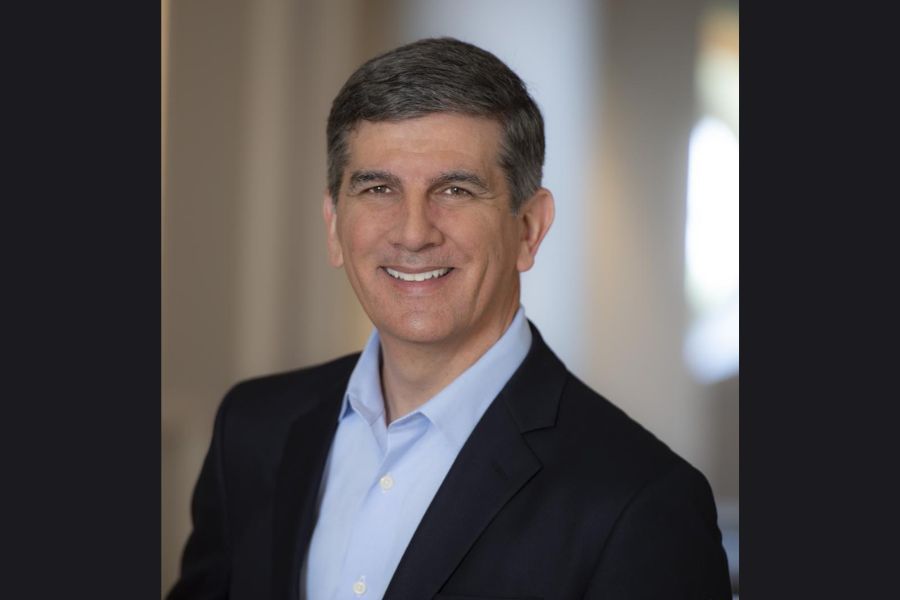Advisers relieved, but wary of what may lie ahead
Financial advisers appreciate that lawmakers may have averted another recession by keeping the economy from falling off the…
Financial advisers appreciate that lawmakers may have averted another recession by keeping the economy from falling off the so-called fiscal cliff.
They value the certainties on the estate tax and the alternative minimum tax that were included in the deal, but many advisers are warning clients to curb their enthusiasm. They recognize that the nation’s leaders still have much harder decisions to reach about spending cuts, and that the results of those negotiations could hit a broader swath of Americans.
“We’re going to have a fight on our hands in two months,” said Vincent Barbera, an adviser with TGS Financial Advisors. “We’re not done by any means.”
As part of the deal, the White House and Congress agreed to delay by two months the massive across-the-board spending cuts that were to begin to take effect Jan. 1.
MORE TAXES POSSIBLE
An agreement on the fate of these spending cuts could result in additional taxes on even more taxpayers, advisers said.
“President Obama is still $1 trillion short of his goal,” said Tim Steffen, director of financial planning for Robert W. Baird & Co. Inc. “You are not going to get his revenue target by taxing only [high earners], so you have to start lowering the bar.”
Advisers also think that details in the tax measure signed last week may surprise clients who believe they dodged a bullet because the rate increases are aimed at individuals making more than $400,000 and couples earning above $450,000 annually.
In addition to the elimination of the 2-percentage-point payroll tax break that affects all wage earners, limits on the personal exemption and tax deductions for state and local taxes, mortgage interest and charitable contributions are back for 2013. They start to kick in for singles with $250,000 in gross annual income and married couples with $300,000 in income.
“These phaseouts, [which] haven’t been part of the picture for years, now have come back,” Mr. Barbera said. “That will have a significant impact.”
Mr. Barbera is considering whether to recommend that clients adjust their withholdings or pay estimated quarterly taxes.
Some advisers think that the government should have retained the payroll tax holiday — and not just because clients enjoyed the extra income.
Bob Rall, president of Rall Capital Management Inc., said that the additional income added up to a lot of cash flowing through the economy, and he isn’t sure that the nation can withstand losing it.
The extension for two more years of the tax provision that allows taxpayers a deduction for direct individual retirement account contributions to charities was warmly received by advisers.
The move to allow 401(k) accounts to be shifted into Roth 401(k)s, however, was met with some skepticism.
“This sounds like a good deal for the federal government and a bad deal for my clients,” said Craig DuVarney, who runs an eponymous advisory firm.
By allowing this conversion, the government generates tax revenue earlier by having the investor pay the tax on the 401(k) funds now instead of during retirement.
But most working people’s tax rates are probably higher now than what they will be when they are retired, Mr. DuVarney said.
PERMANENT CHANGES
Additionally, most people won’t be able to come up with the tax payments that would be due upfront, and he doubts that many clients will want to make Roth conversions.
“It’s a neat-sounding provision that advisers might get excited about at first, but ultimately, clients aren’t going to be interested in this,” Mr. DuVarney said.
The biggest surprise from the budget agreement is that many of the changes were made permanent, thus adding more certainty to estate and other planning, several advisers said.
That includes the locking-in of top income tax rates of 39.6%, setting top capital gains rates of 20%, making the estate tax 40% with a $10 million exemption for a couple and establishing a permanent patch for the AMT.
“The big ones are permanent, and given Washington’s track record, that’s astonishing,” Mr. Steffen said.
Even though they appreciate the progress made on tax reform, many advisers think that legislators did not do the nation any favors by choosing not to address many critical tax and deficit issues.
Adviser Michael Boulton of the investment management firm Financial Solutions told clients last week that the deal is a positive “for now,” as long as Washington “deals with the bigger issues.”
“The government is shortsighted in its solution, and we didn’t solve anything,” said Lou Stanasolovich, chief executive of Legend Financial Advisors Inc.
[email protected] Twitter: @skinnerliz
Learn more about reprints and licensing for this article.








